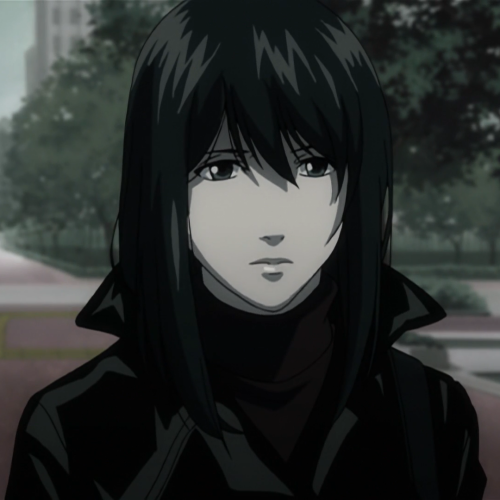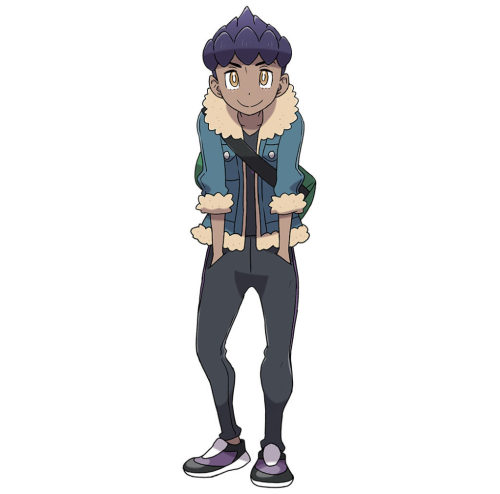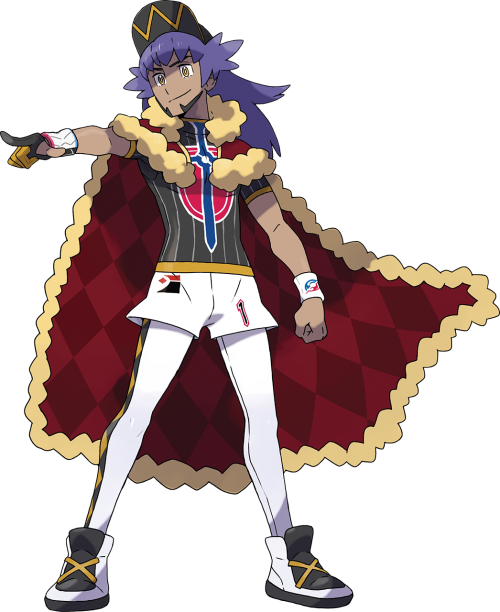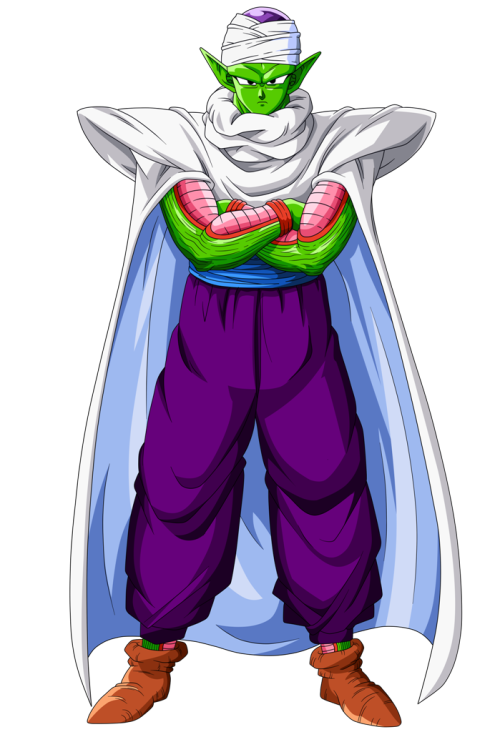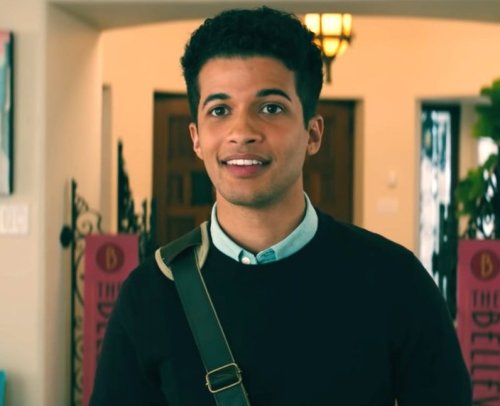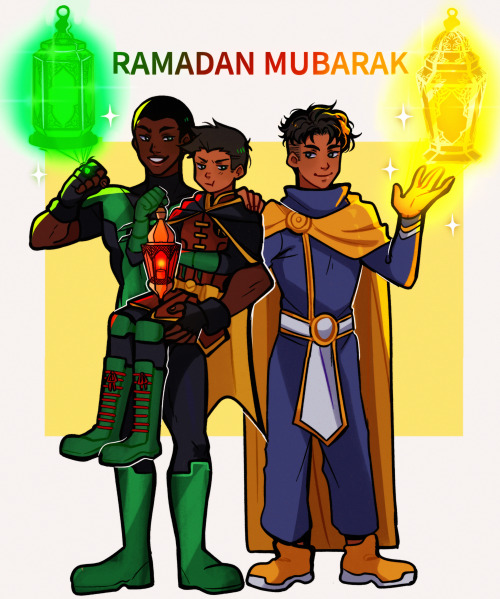#muslim characters
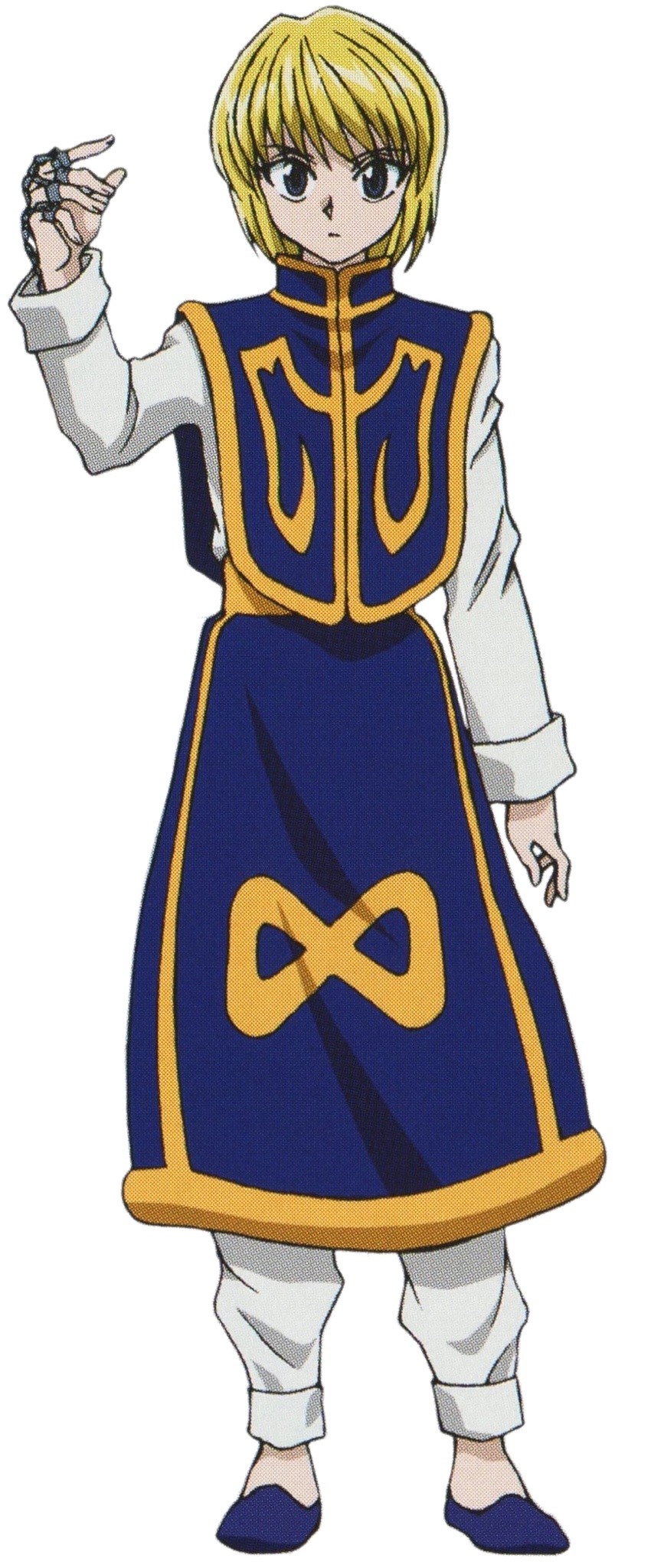
Your fave is Muslim: Kurapika Kurta (HunterxHunter)
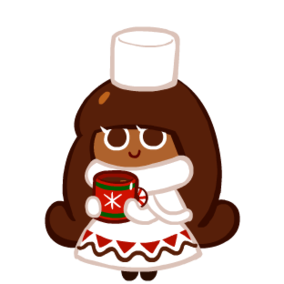
Your fave is Muslim: Cocoa Cookie (Cookie Run)
Your fave is Muslim: John Ambrose McClaren (To All The Boys I’ve Loved Before: P.S. I Still Love You)
Post link
more on writing muslim characters from a hijabi muslim girl
- hijabis get really excited over pretty scarves
- they also like to collect pins and brooches
- we get asked a lot of questions and it can be annoying or it can be amusing, just depends on our mood and personality and how the question is phrased
- common questions include:
- “not even water?” (referring to fasting)
- hijabis hear a lot of “do you sleep in that?” (we don’t) and “where is your hair?” (in a bun or a braid, usually)
- “is it mooze-slim or mozzlem?” (the answer is neither, it’s muslim, with a soft s and accent on the first syllable)
- “ee-slam or iz-lamb?” (it’s iss-laam, accent on the first syllable)
- “hee-job?” (heh-jahb, accent on the second syllable)- “kor-an?” (no. quran. say it like koor-annn, accent on the second syllable)
- people tend to mess up our names really badly and you just get a sigh and a resigned nod or an awkward smile, maybe a nickname instead
- long hair is easy to hide, short hair is harder to wrap up
- hijab isn’t just covering hair, it’s also showing as little skin as possible with the exception of face, hands, and feet, and not wearing tight/sheer clothing
- that applies to men too, people just don’t like to mention it ( i wonder why)
- henna/mehendi isn’t just for special occasions, you’ll see people wearing it for fun
- henna/mehendi isn’t just for muslims, either, it’s not a religious thing
- henna/mehendi is not just for women, men also wear it, especially on their weddings
- there are big mehendi parties in the couple of nights before eid where people (usually just women and kids) gather and do each other’s mehendi, usually just hands and feet
-five daily prayers
- most muslim kids can stutter through a couple verses of quran in the original arabic text by the age of seven or eight, it does not matter where they live or where they’re from or what language they speak natively
- muslim families tend to have multiple copies of the quran
- there are no “versions” of the quran, there has only ever been one. all muslims follow the exact same book
- muslims have no concept of taking God’s name in vain, we call on God at every little inconvenience
- don’t use islamic phrases if you don’t know what they mean or how to use them. we use them often, inside and outside of religious settings. in islam, it is encouraged to mention God often and we say these things very casually, but we take them very seriously
- Allahu Akbar means “God is Greatest” (often said when something shocks or surprises us, or if we’re scared or daunted, or when something amazing happens, whether it be good or bad; it’s like saying “oh my god”)
- Subhan Allah means “Glory be to God” (i say subhan Allah at the sky, at babies, at trees, whatever strikes me as pleasant, especially if it’s in nature)
- Bismillah means “in the name of God” and it’s just something you say before you start something like eating or doing your homework
- In Shaa Allah means “if God wills” (example: you’ll be famous, in shaa Allah) (it’s a reminder that the future is in God’s hands, so be humble and be hopeful)- Astaghfirullah means “i seek forgiveness from Allah” and it’s like “god forgive me”
- Alhamdulillah means “all thanks and praise belong to God” and it’s just a little bit more serious than saying “thank god” (example: i passed my exams, alhamdulillah; i made it home okay, alhamdulillah)
- when i say we use them casually, i really mean it
- teacher forgot to assign homework? Alhamdulillah
- our version of “amen” is “ameen”
- muslims greet each other with “assalamu alaikum” which just means “peace be on you” and it’s like saying hi
- the proper response is “walaikum assalam” which means “and on you be peace” and it’s like saying “you too”As a Muslim this post is so very important and it makes me so happy that it gives the small facts and details that one might be unaware of or confused about.
I’ve reblogged it before but honestly this fucking post touches me so much. To see how intrinsic Allah is to followers of Islam and how ingrained He is in their daily lives is so beautiful.
Also, can we just talk about the fact that there aren’t like 100 different versions of the Quran? Because I didn’t know that and that legit AMAZES me.
LEARNING
Reblogging this again because I am sure some of my writer followers can use it and it’s been a while ;).
Muslim here! Just wanted to add a couple of things:
- If you want to write mostly irreligious young adult Muslims, it would be humorous to make them literally follow nothing about the religion except making them very averse to eating pork cuz it’s haraam. You have no idea how many Muslims I know who’ll party, get drunk, smoke weed, and engage in, ahem, certain activities, but the one thing they’ll refuse is to eat pork.
- While it’s true that we are very loose with the way we mention God at nearly every occasion, we never make fun of the Prophets, God, or generally the religion. We take the sanctity of the religion and its figures very seriously because it’s blasphemy to insult them. I’ve found it’s very different from the attitude that most Christians and christianized atheists have on their religion / the religion they were raised around (easily making fun of Jesus, the concept of God, making jokes like “snow is god’s c*m”)
- People get surprised when a non-hijabi girl tells them she’s very devout and practices often, Muslim and non-Muslim alike.
- Aunties are nosy and gossip way too much, even though that’s a sin.
- Most Muslims believe in djinn because it’s part of our religion, but this belief oftentimes seems or looks to border on superstition, and a common activity amongst Muslim kids, especially cousins, is to tell djinn stories like ghost stories.
- Also, there is no ‘Muslim food’, we are 1.8 billion people that come from different cultural backgrounds with different food and culinary culture, and we all eat things that are more or less similar, so the dietary habits of the character(s) you’re writing will depend on their cultural heritage(s) instead of their religion.
absolutely the best addition to this post (hi, it’s OP)! thank you!!
Yay! Knowledge!
This is amazing! I’ve seen so many different styles, but never how to actually do them!
more on writing muslim characters from a hijabi muslim girl
- hijabis get really excited over pretty scarves
- they also like to collect pins and brooches
- we get asked a lot of questions and it can be annoying or it can be amusing, just depends on our mood and personality and how the question is phrased
- common questions include:
- “not even water?” (referring to fasting)
- hijabis hear a lot of “do you sleep in that?” (we don’t) and “where is your hair?” (in a bun or a braid, usually)
- “is it mooze-slim or mozzlem?” (the answer is neither, it’s muslim, with a soft s and accent on the first syllable)
- “ee-slam or iz-lamb?” (it’s iss-laam, accent on the first syllable)
- “hee-job?” (heh-jahb, accent on the second syllable)- “kor-an?” (no. quran. say it like koor-annn, accent on the second syllable)
- people tend to mess up our names really badly and you just get a sigh and a resigned nod or an awkward smile, maybe a nickname instead
- long hair is easy to hide, short hair is harder to wrap up
- hijab isn’t just covering hair, it’s also showing as little skin as possible with the exception of face, hands, and feet, and not wearing tight/sheer clothing
- that applies to men too, people just don’t like to mention it ( i wonder why)
- henna/mehendi isn’t just for special occasions, you’ll see people wearing it for fun
- henna/mehendi isn’t just for muslims, either, it’s not a religious thing
- henna/mehendi is not just for women, men also wear it, especially on their weddings
- there are big mehendi parties in the couple of nights before eid where people (usually just women and kids) gather and do each other’s mehendi, usually just hands and feet
-five daily prayers
- most muslim kids can stutter through a couple verses of quran in the original arabic text by the age of seven or eight, it does not matter where they live or where they’re from or what language they speak natively
- muslim families tend to have multiple copies of the quran
- there are no “versions” of the quran, there has only ever been one. all muslims follow the exact same book
- muslims have no concept of taking God’s name in vain, we call on God at every little inconvenience
- don’t use islamic phrases if you don’t know what they mean or how to use them. we use them often, inside and outside of religious settings. in islam, it is encouraged to mention God often and we say these things very casually, but we take them very seriously
- Allahu Akbar means “God is Greatest” (often said when something shocks or surprises us, or if we’re scared or daunted, or when something amazing happens, whether it be good or bad; it’s like saying “oh my god”)
- Subhan Allah means “Glory be to God” (i say subhan Allah at the sky, at babies, at trees, whatever strikes me as pleasant, especially if it’s in nature)
- Bismillah means “in the name of God” and it’s just something you say before you start something like eating or doing your homework
- In Shaa Allah means “if God wills” (example: you’ll be famous, in shaa Allah) (it’s a reminder that the future is in God’s hands, so be humble and be hopeful)- Astaghfirullah means “i seek forgiveness from Allah” and it’s like “god forgive me”
- Alhamdulillah means “all thanks and praise belong to God” and it’s just a little bit more serious than saying “thank god” (example: i passed my exams, alhamdulillah; i made it home okay, alhamdulillah)
- when i say we use them casually, i really mean it
- teacher forgot to assign homework? Alhamdulillah
- our version of “amen” is “ameen”
- muslims greet each other with “assalamu alaikum” which just means “peace be on you” and it’s like saying hi
- the proper response is “walaikum assalam” which means “and on you be peace” and it’s like saying “you too”
Ramadan Mubarak to all the Muslims celebrating around the world ⭐
Don’t mind Damian, he’s just salty that he has a normal lantern while Simon (Green Lantern) and Khalid (Doctor Fate) have big glowly magical lanterns made from their powers.
{Commission made by @huyandere}
Post link

